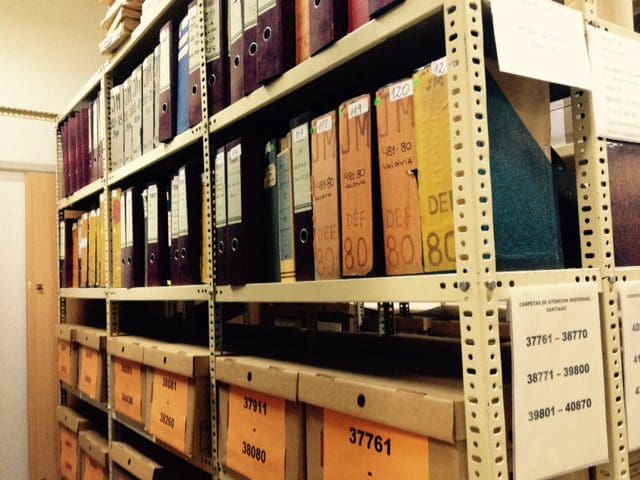Human rights archives are collections of records documenting systematic, state-led abuses of power through violence. They serve to assist those affected and to denounce state violence by recognizing the damage caused, recording the truth, and helping victims’ reparation claims. In addition to serving as evidence in criminal prosecutions, these archives preserve victims’ memories and assist pedagogy relating to past atrocities. For anthropology, human rights archives constitute cognitive, political, and affective assemblages; the process, the product, and the place of vital, sensible, and fragmentary inscriptions revealing dehumanization and resistance to it. The uses and effects of human rights archives pose central anthropological questions: Through which languages, knowledge, artifacts, procedures, and processes do we record violence? How do life, kinship, and community appear in human rights archives? What is the place society grants to the memories of its wrongdoings? How can human rights archival imprints interrogate the present to become a long-lasting space of belonging?
The International Encyclopedia of Anthropology, and the Publisher John Wiley & sons, Ltd., and include a link from the website to the home page of the encyclopedia at Wiley Online Library: https://onlinelibrary.wiley.com/doi/book/10.1002/9781118924396

